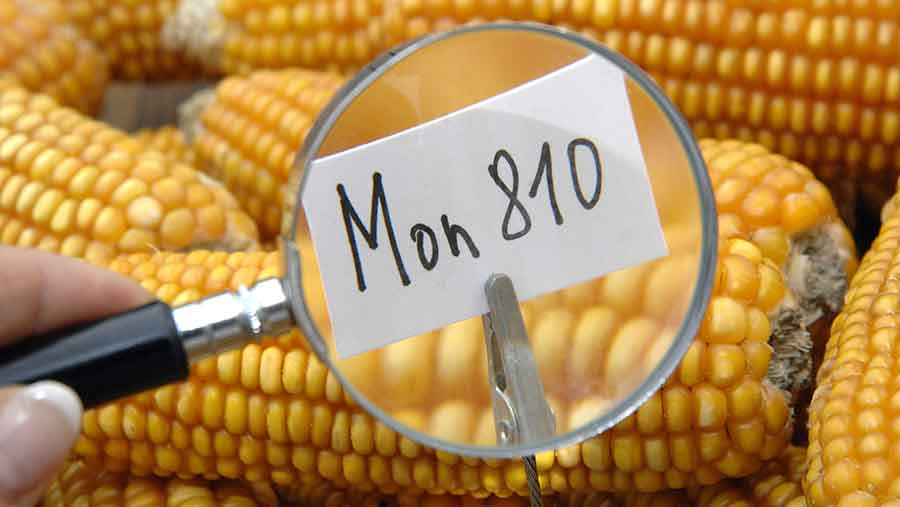GM warning shot over future trade deals
 © Sips/Rex/Shutterstock
© Sips/Rex/Shutterstock The UK should tread carefully on introducing commercial GM crops, at the risk of alienating important markets, growers were told this week.
Speaking at co-operative United Oilseeds’ annual harvest review and outlook as Farmers Weekly went to press on Wednesday (16 November), NFU vice-president Guy Smith said the Brexit vote brought the GM issue back into the spotlight.
“It should be science rather than popular appeal directing what we can and can’t grow – as someone who thinks GM is the way forward, I can’t control blackgrass on my farm,” said Mr Smith.
See also: Minister hints at possibility of growing GM crops in UK
“However I am very conscious that everything I grow on my farm has to have a market – I have to grow what consumers want to eat, I have to be very mindful of markets.
“If the UK takes a pro-GM attitude, where are our exports going to go? If we start to develop a different policy to the rest of the EU, those issues will raise their heads and we need to be very, very careful.”
GM ‘old science’
HSBC head of food and agriculture Allan Wilkinson was said that there was other new science that could serve UK agriculture better than GM.
“I would not say that we need to adopt GM technology – sorry, but I think that’s old science and we need to be at the vanguard of new science, which is already under way elsewhere. But we need also to make sure it’s safe and consumers want it.
“This is about leading from where the consumer comes from and that will give us unfettered access to new ways of thinking and doing things, provided consumers want them.”
Following the Brexit vote, political volatility was a huge threat and the way forward was difficult to see, said Mr Smith.
“The best crystal balls are showing a very fuzzy picture both in the UK and the EU. It’s not clear in the Tory party who has the upper hand – those who want a hard or soft Brexit.”
The NFU would have to remain very light-footed, he said, there were lots of events coming up in the next few months and years that would influence what happened, including elections in both Germany and France.
Food imports ‘spike’
The high standards to which British farming operated must be recognised in the deals that were done, said Mr Smith.
“The regulators need to recognise that agriculture is not just like any other industry, I’m loathe to describe agriculture as a ‘special case’ but when it comes to trade our negotiators need to understand the impact of their decisions on our industry.”
If production was exported as a result of any deals made, that would leave us in danger of importing more food, warned Mr Smith.
“I would argue that some level of self-sufficiency, some level of food security, is a political objective. Our home agriculture needs to thrive.”
